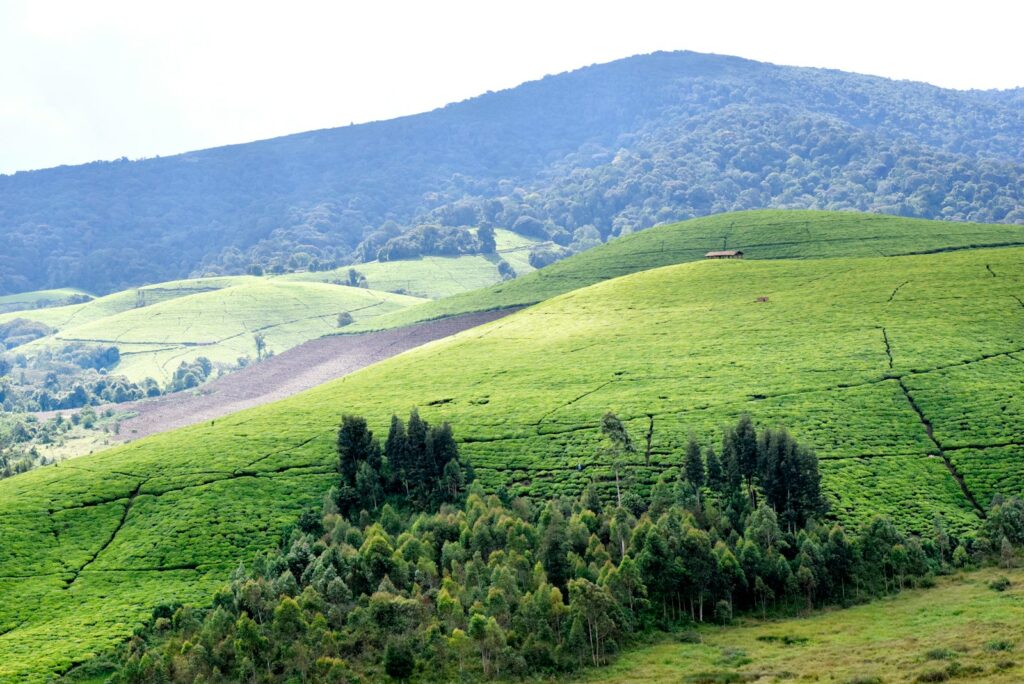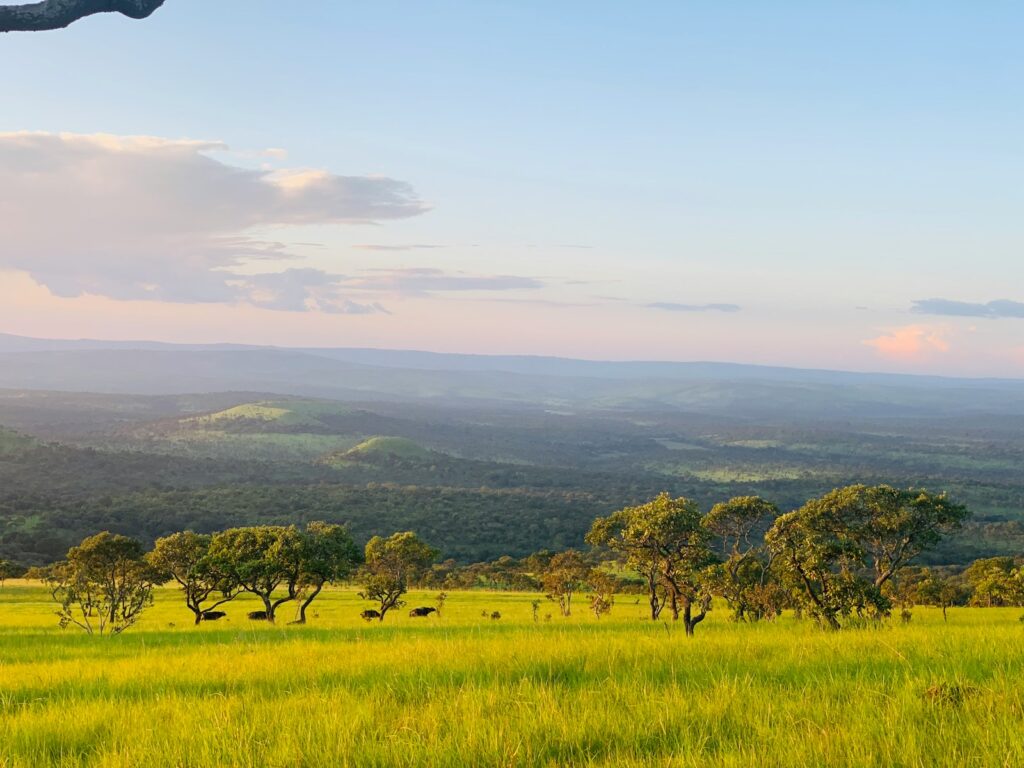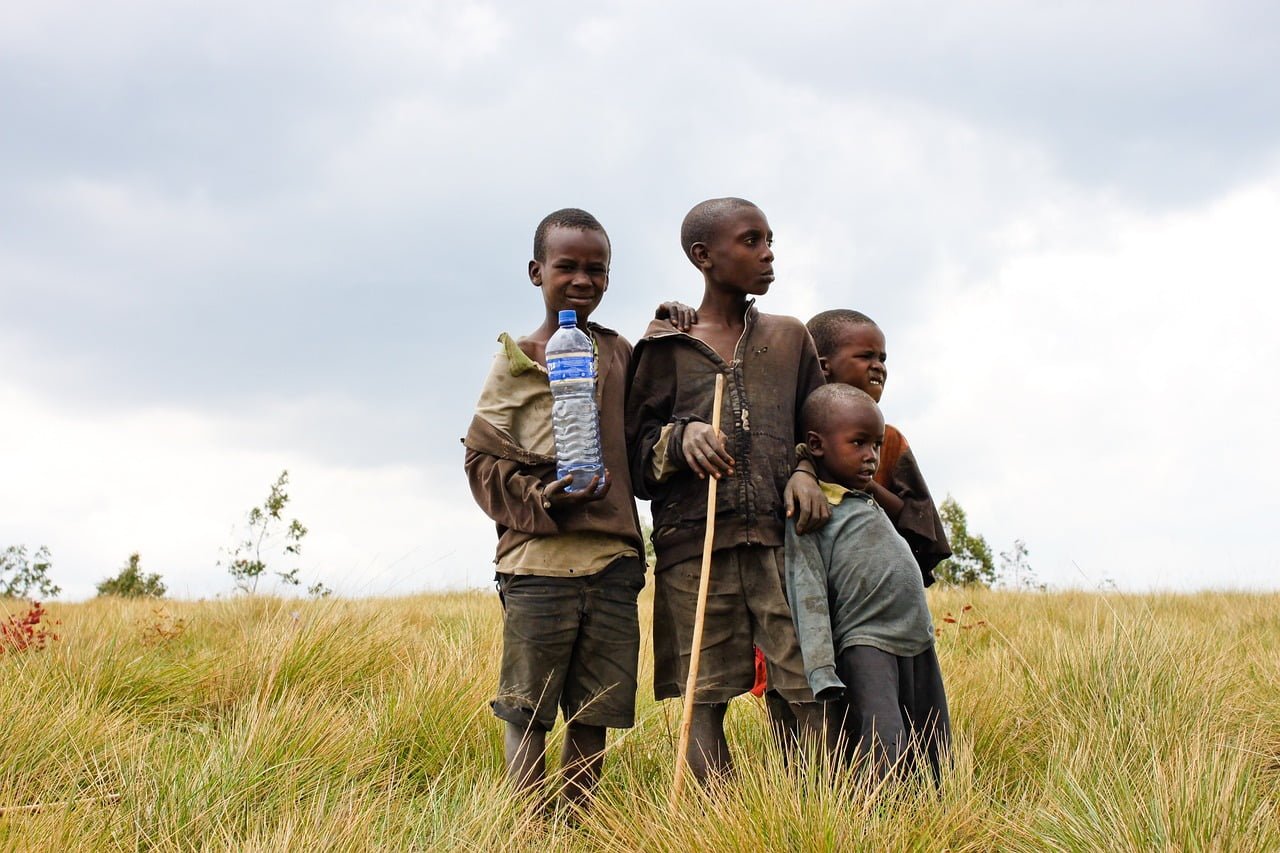Best Time to Visit Burundi
The ideal time to visit Burundi is during the months of January and February, as well as from May to October. During this period, the weather is pleasant with comfortable temperatures and minimal rainfall. January is the warmest month, with an average temperature of 23°C, while May is the coolest month, with temperatures averaging around 20°C.
Burundi experiences a tropical climate with distinct wet and dry seasons. The rainy season occurs from March to May and September to December. Traveling during the rainy season may pose challenges, as heavy rainfall can make roads muddy and difficult to navigate. It is advisable to avoid this period if possible.
On the other hand, the dry season, from June to August, and January to February, offers the best weather conditions for outdoor activities and exploration. The skies are generally clear, and the temperature is comfortable for sightseeing, wildlife viewing, and enjoying the country’s natural beauty.
Overview of Burundi’s climate and weather patterns
Burundi, a small landlocked country in East Africa, boasts a moderate climate characterized by distinct wet and dry seasons. The country experiences a significant amount of rainfall during the summer months, while the winter season tends to be drier. With an average annual temperature of 22°C and approximately 922 mm of rain each year, Burundi’s climate provides a comfortable environment for both locals and visitors.
Throughout the year, the average daytime temperature ranges between 20°C and 23°C, offering pleasant and mild weather for outdoor activities. The nighttime temperatures, on the other hand, hover between 11°C and 15°C, providing cool and comfortable nights for rest and relaxation.
Rainfall is a prominent feature of Burundi’s climate, with rain occurring on 252 days of the year. The total annual rainfall reaches approximately 922 mm, ensuring fertile soil and lush vegetation in the country. However, there are 96 dry days each year, allowing for periods of respite from the rain.
It is worth noting that Burundi experiences an average humidity level of 75%, creating a moderately humid atmosphere throughout the year. The UV-index, a measure of the intensity of ultraviolet radiation from the sun, is rated at 5, indicating moderate sun exposure. This highlights the importance of taking necessary precautions to protect oneself from the sun’s rays when visiting Burundi.
In June, the country transitions into the dry season, with average temperatures around 21°C (70°F) and minimal rainfall. The days are characterized by sunshine, while the nights offer cool and pleasant temperatures. June is an exciting month in Burundi, with several notable events taking place. The Burundi International Music Festival celebrates both traditional and modern music, showcasing performances from local and international artists. Additionally, the Burundi National Day on June 1st is a day of national pride, featuring parades, music, and other festivities.
July marks the beginning of the wet season in Burundi, with an average temperature of approximately 24°C (75°F). While the days remain sunny, rain showers are common in the afternoons. This month offers opportunities to immerse oneself in Burundian culture through events such as the Burundian Music Festival, which celebrates the country’s music, culture, and traditions. The Burundi International Film Festival is another notable event held in July, featuring the best of Burundian and international films.

When to Visit Burundi
Dry Season – The Best Time to Visit
One of the best times to visit Burundi is during the dry season, which typically runs from June to September. This season offers ideal weather conditions for backpacking and exploring the country. With less rainfall and lower humidity, travelers can enjoy pleasant temperatures and clear skies, making it perfect for outdoor activities.
During the dry season, you can expect warm and sunny weather, with temperatures ranging from 20 to 30 degrees Celsius. The days are dry, and the skies are clear, providing optimal conditions for hiking, wildlife viewing, and visiting national parks such as Kibira National Park and Ruvubu National Park.
The dry season is also the best time to explore Burundi’s cultural heritage. The friendly and welcoming people of Burundi take pride in their culture and are eager to share it with visitors. Attending cultural events or engaging in conversations with locals allows you to experience the local food, dance, and music.
Additionally, the dry season is an excellent time to visit Burundi’s stunning mountain scenery. The country’s high altitude tempers its equatorial climate, resulting in pleasant conditions with reduced temperatures and limited mugginess. This makes it an ideal time for hiking and enjoying the picturesque landscapes.
Rainy Season – Considerations for Travel
When planning a trip to Burundi, it is important to take into account the season, which occurs from February to mid-May. During this time, heavy downpours are common and can result in flash floods. As a traveler, it is essential to be prepared and take certain precautions to ensure a safe and enjoyable experience.
Firstly, it is important to stay informed about the regional weather forecast. Keep track of any potential storms or severe weather warnings that may affect your travel plans. Local authorities may also provide updates and instructions in case of any emergencies.
It is advisable to avoid traveling to affected areas during heavy rainfall. Infrastructure and transportation routes may be damaged, and secondary roads can become impassable. By staying informed and avoiding these areas, you can minimize the risk of encountering any difficulties or delays.
When packing for your trip during the rainy season, make sure to include a raincoat and boots. These will protect you from the rain and muddy conditions that may arise. Lightweight clothing is still recommended due to the warm and humid climate, but be prepared for sudden showers by carrying a compact umbrella or a waterproof poncho.
In addition to rain gear, it is crucial to bring insect repellent to protect yourself from mosquitoes and other insects that thrive during the rainy season. Mosquito-borne diseases such as malaria and dengue fever are prevalent in the region, so taking precautions against mosquito bites is paramount. Sunscreen is also essential, as even on cloudy days, UV rays can still be harmful.
If you plan on exploring national parks or hiking during your trip, it is recommended to pack sturdy shoes and a backpack. The rain can make trails slippery and muddy, so having appropriate footwear and gear will ensure your safety and comfort.

Weather and Temperature
It is important to note that the climate in Burundi is influenced by its geographic features. The country has varying altitudes, with higher elevations experiencing cooler temperatures. Along the border with Congo, where the Rusizi River flows, temperatures can be very hot between September and March, with peaks reaching around 35°C.
Average Temperature and Daily Temperature Range
Burundi experiences a moderate climate throughout the year, with distinct wet and dry seasons. The average annual temperature in Burundi is 22° degrees, with daily temperatures ranging between 20°C and 23°C during the day and 11°C and 15°C at night. The warmest month in Burundi is typically in the range of 23°C.
Variation in Temperature Throughout the Year
In the capital city of Bujumbura, which is located along the shores of Lake Tanganyika, the temperature remains hot throughout the year with maximum temperatures around 29°C. However, from mid-August to October, the temperature can reach up to 30/31°C. Overall, the weather in Bujumbura remains warm without excessive heat.
Precipitation per Month
In terms of rainfall, Burundi receives an average of 922 mm of rain per year, with rain occurring on approximately 252 days. The summer season brings a significant amount of rainfall, while the winter season is relatively dry. The humidity in Burundi averages around 75%, providing a humid climate throughout the year.
With approximately 3370 sun hours throughout the year, Burundi offers ample opportunities for sunshine and outdoor activities. The moderate climate and favorable temperature range make it an ideal destination for travelers seeking pleasant weather conditions.
In conclusion, Burundi experiences a moderate climate with average temperatures ranging between 20°C and 23°C during the day and 11°C and 15°C at night. The daily temperature range allows for comfortable weather conditions, making it a suitable destination for outdoor activities. With a significant amount of rainfall and a moderate level of humidity, Burundi offers a pleasant and enjoyable climate throughout the year.

